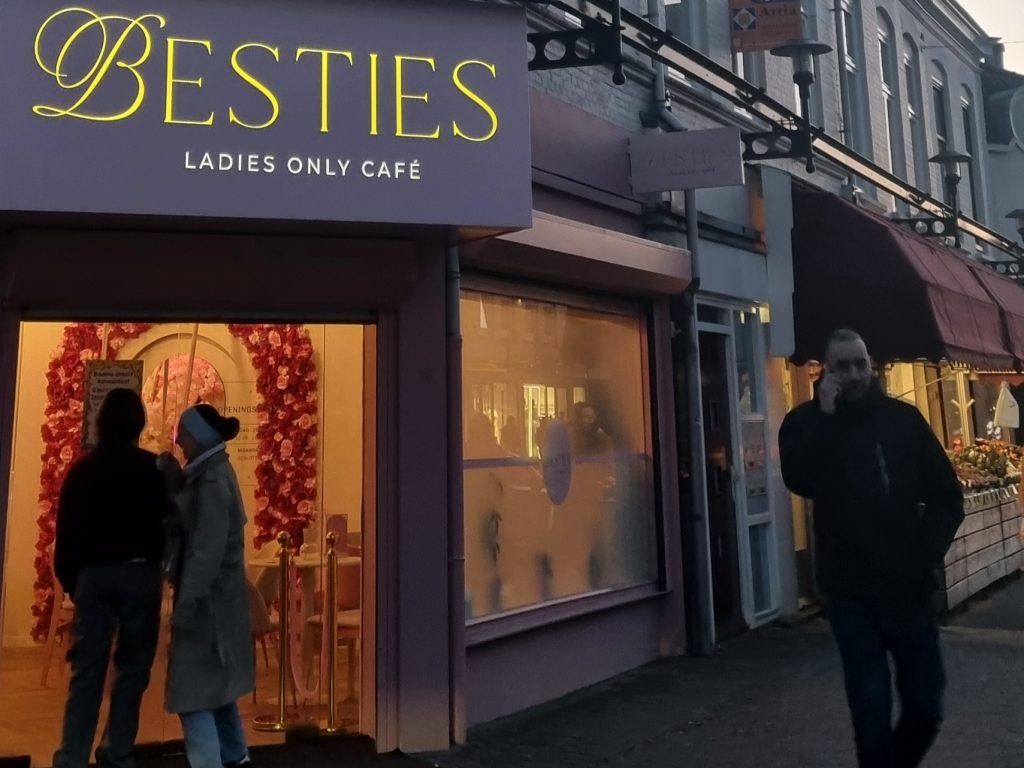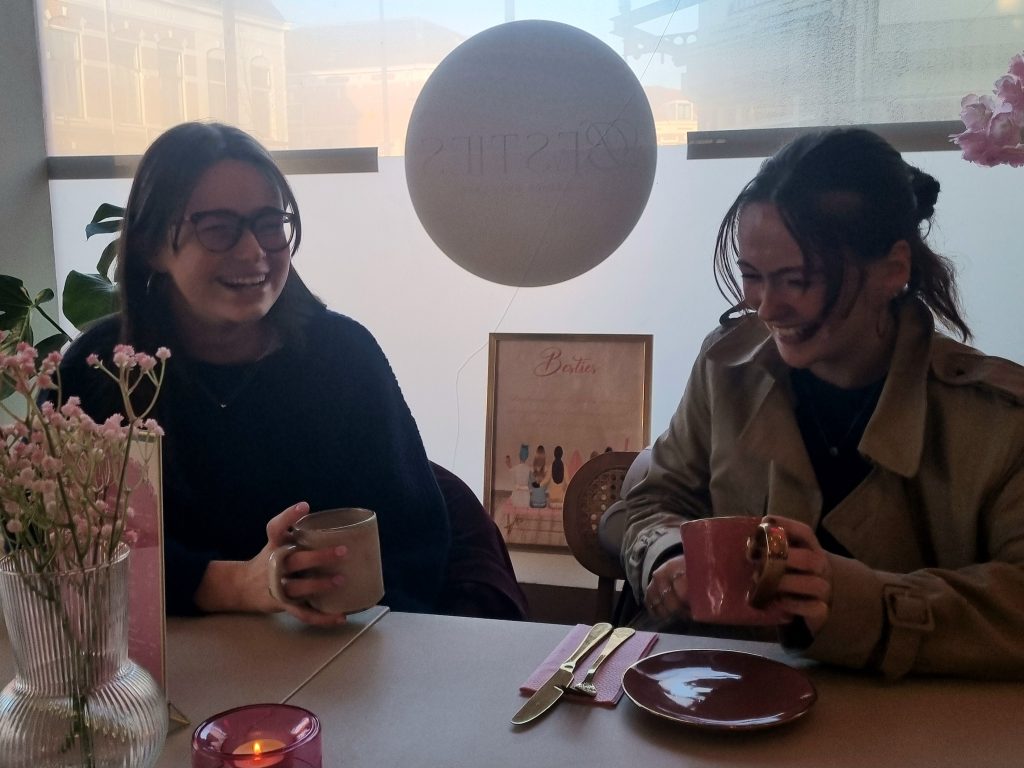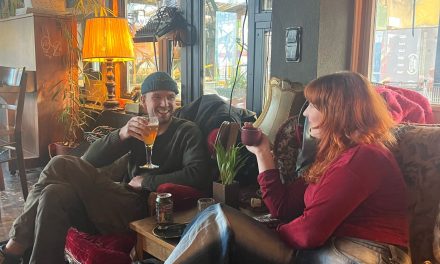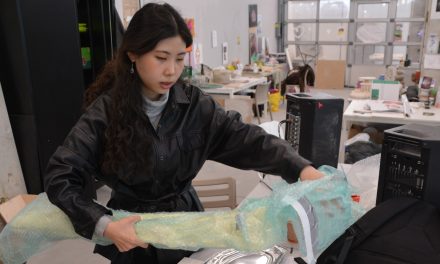Traditionally, public spaces have been places where people from all walks of life come together, sharing their daily routines. But what happens when half of the population is excluded? In recent years, several establishments, have decided to open their doors exclusively to women. But why? Is this a feminist statement, or is it a form of discrimination?
At first glance, “Besties” café appears like any other. Pink furniture, the aroma of coffee in the air – a cozy, inviting atmosphere. However, one thing sets it apart: men are not allowed. Ibtissam Bendadi founded the café in 2025 after recognizing the need for a women-only space. Her main motivations: More privacy, a greater sense of safety, and an escape from male-dominated environments. Not even her own husband is allowed inside.

While the concept of a women-only café is new, women-exclusive spaces have existed in other fields for some time. Women-only gyms, for instance, are increasingly common. One such gym is “Proud Personal Training,” which focuses primarily on kickboxing. Founder and personal trainer Bo Wolterbeek aims to empower women both physically and mentally. One of their clients, 20-year-old student Anna, trains there three times a week. “I can recommend kickboxing to anyone. The trainings are tough, but it really is a serotonin boost!” she recounts. But why choose a women-only gym? Anna has a clear answer: “The atmosphere is just completely different, way more enjoyable. I’m usually training in leggings and a sports bra and would feel very uncomfortable with men staring at me during my workouts.”
For Anna, the decision to train in a women-only space is based on the need for a safe environment, free from unwanted male attention. A 2018 study by Statista revealed that 73% of Dutch women have experienced some form of sexual harassment since the age of 15. In this context, the desire for women-only spaces hardly seems irrational.

The concept of female-only spaces is not a new one. It dates back to the second wave of feminism (1960-1980), particularly within the movement known as “Radical Feminism.” According to Dr. Laura Candidatu, a lecturer in Gender Studies at Utrecht University, radical feminists argued that women-only spaces were essential for escaping male violence and oppression. However, this perspective raises an important question: How do we define “woman”? Are trans women welcome in these spaces? Laura Candidatu is convinced that you have to consider them as well: “Trans women, as a group, face compounded forms of discrimination and violence. You have to address these layers of oppression and create spaces where all women, including trans women, can find solidarity and safety.”
Still, the debate remains: Is it fair to deny men access to certain public spaces? For Ibtissam Bendadi, the answer is clear: “There are many other places you can go to as a men,” she says in an interview with the Dutch newspaper AD. Dr. Candidatu agrees, with one condition: “If the intention behind these spaces is genuinely to provide safety and a supportive environment for women, I welcome them. If they are exclusively reserved for cisgender women, they reproduce discrimination against trans women.”



